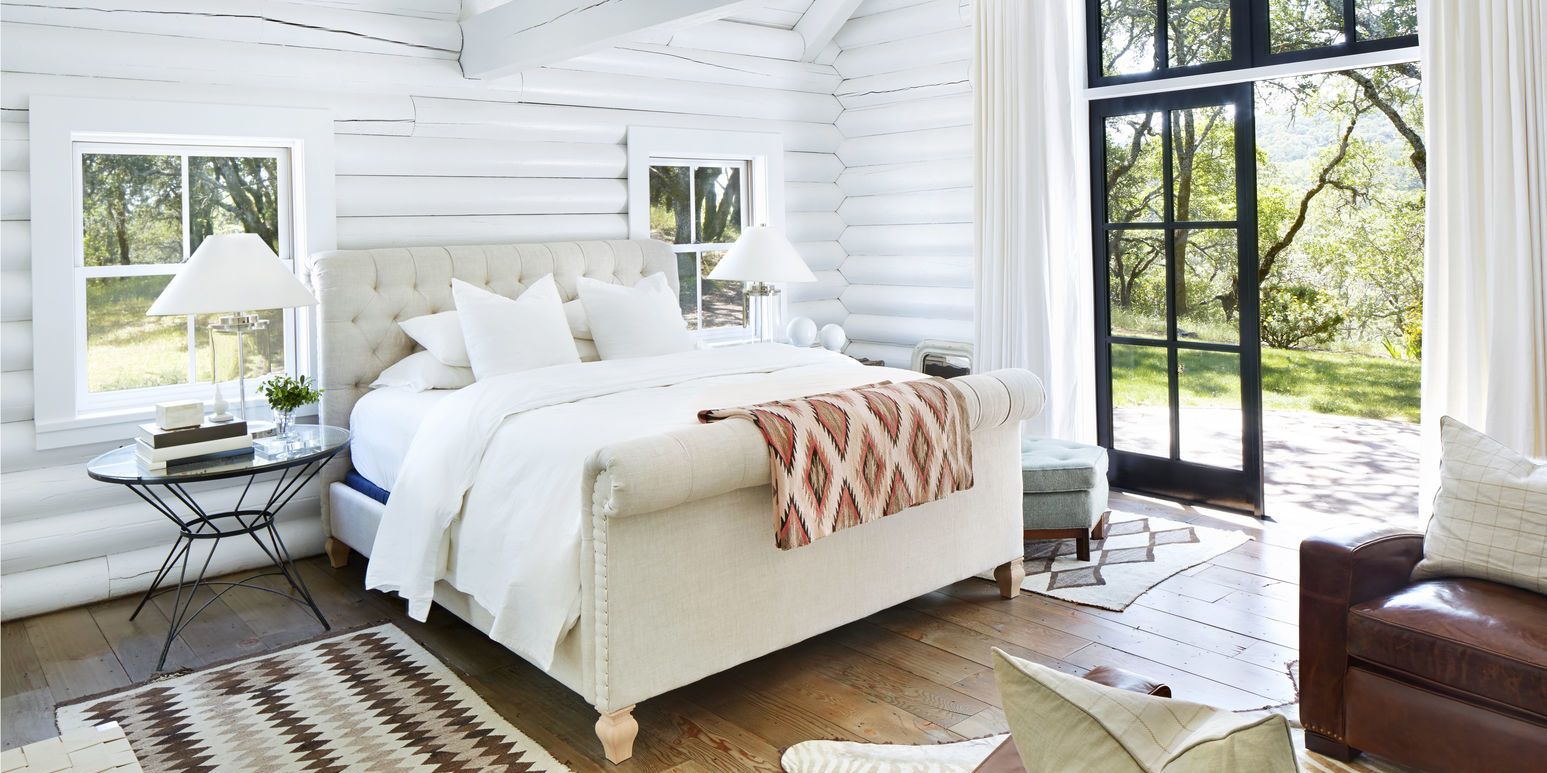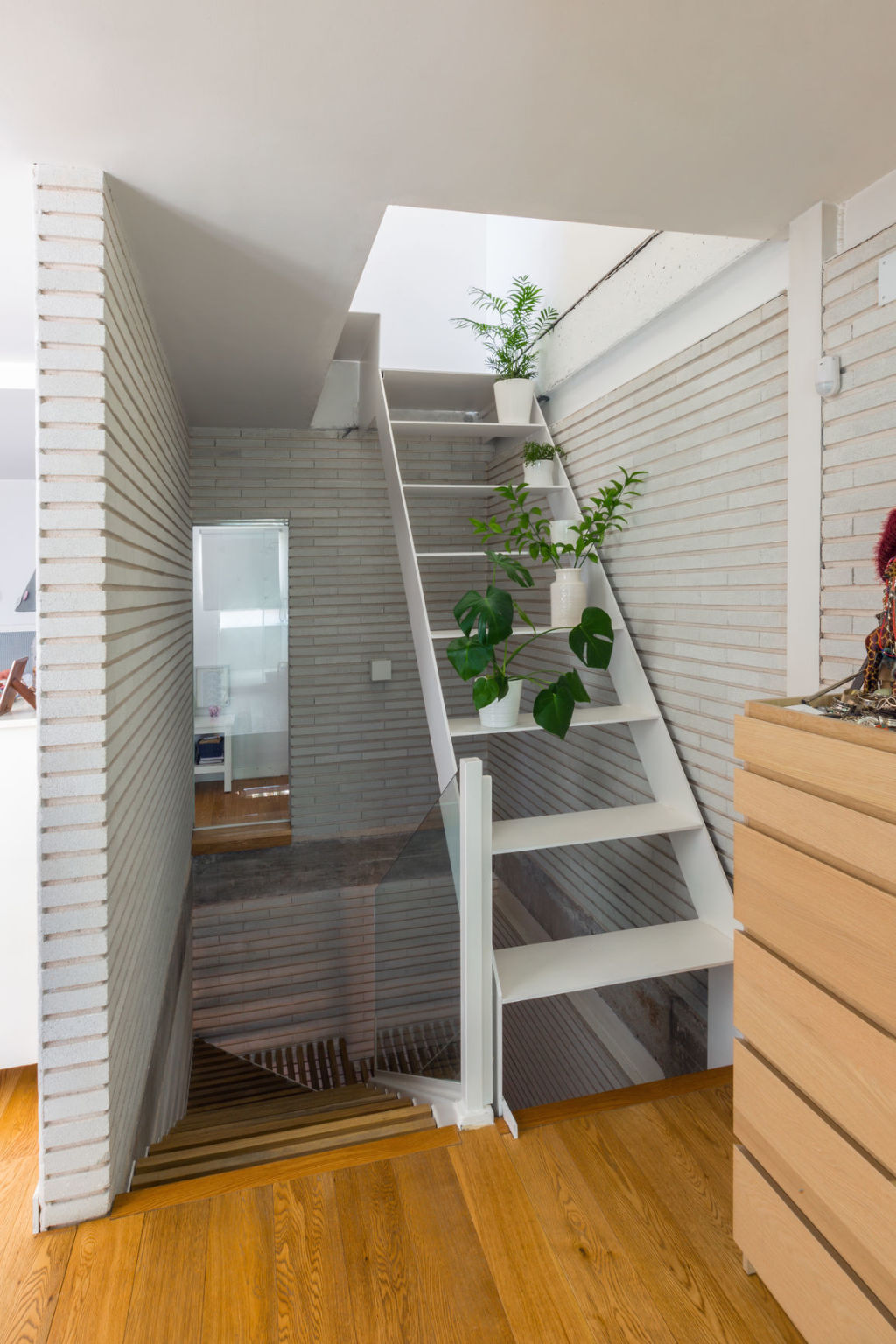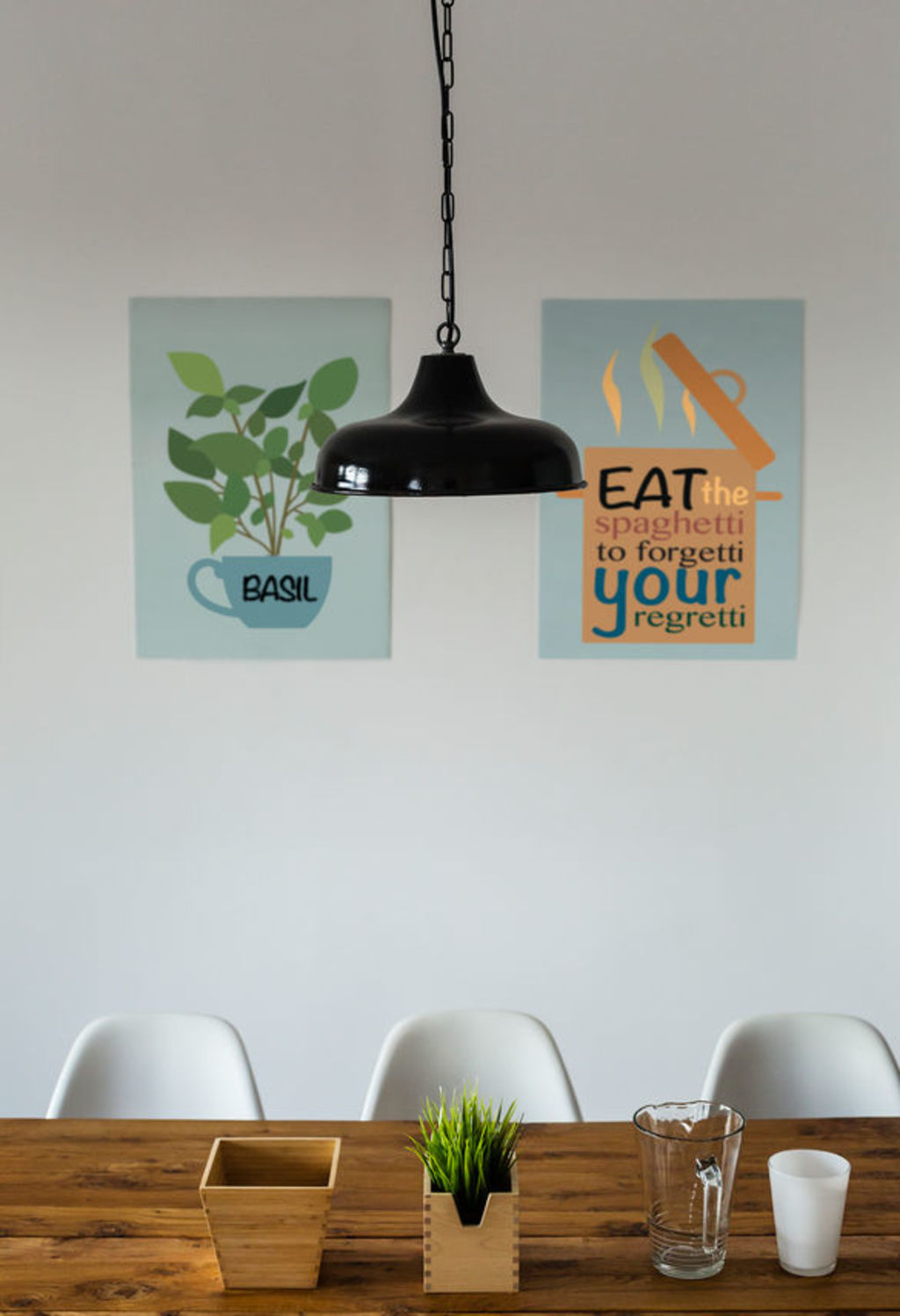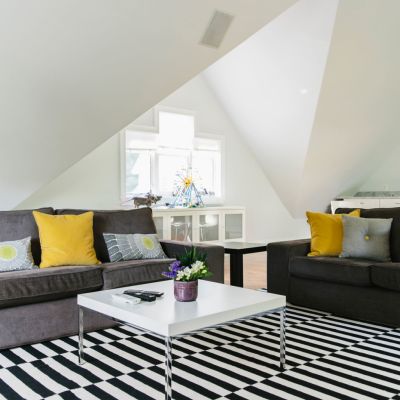What is your 'property personality'? How properties attracts a certain type of person

When real estate agent Sirah Robb had a challenging home to sell, she was surprised to find buyers who instantly loved it.
While many other inspections yielded negative remarks about the property’s main road position and unapproved granny flat, the eventual buyers had “nothing but positive comments”, says Robb, the principal of Wythes Real Estate on the Sunshine Coast.
“They were an eccentric couple, garden lovers like the sellers and showed me pictures of the property they were moving from, which looked almost identical.”
Robb has had numerous experiences where the personalities of vendors matched those of buyers, causing her to wonder whether a type of property attracts a certain type of person.
She notes that contemporary homes with clean lines often attract detailed, methodical people, whereas “eccentric people tend to be drawn to properties that the detailed person would find cluttered or strange”.
Your property personality
According to psychologist Meredith Fuller, our personalities have a profound influence on our choice of home – right down to colour, decor and materials.
She explains that home buyers fall into two basic types. The first is the more intuitive, feeling type. These people walk into a home and instantly know whether it’s right. “If you’re a feeling person, it’s like this little hint of recognition and you just go ‘yes’,” she says.

“There’s a feeling of familiarity; like this is a place where I can be my true self, this is a place where I know I will be able to relax – everything just works.”
Intuitive people tend to make emotional purchases, based on this sense of resonating with a home and being able to imagine themselves living there. They won’t mind if a house doesn’t have everything they are looking for, and will say things like, “I just know this is the one for me”.
Opposite to that are the “very logical and matter of fact” home buyers, Fuller says.
“For them it’s a functional thing – a house is a house, not a home. They list all the things that they need … and they’ll go through and tick [it] off. The one that’s got the most ticks, that will be the house.” Fuller says these people choose the house that best fits their requirements – even if they prefer another.
Robb adds that people like these are often detail-oriented. She sold a property for one couple who provided a thorough explanation of all its features.
“The eventual buyers were asking lots of detailed questions about the properties they were seeing with me and they ended up choosing this property to purchase, along with most of the furniture,” she says.
“They appreciated the extra effort the owners went into to produce a superior quality product that perhaps people who were less detail-oriented didn’t appreciate as much.”
Temperamental types
Fuller says thinking about what a home means to you will provide further insight into your choices. Do you want a haven where you can retreat from the outside world, or a place where you can see people walk by, wave to the neighbours and throw big parties?

Open-plan houses will suit someone who loves being surrounded by family, but others will want some private space. Some people can live with clutter, while it will drive others crazy. Fuller herself admits to being “a bit messy”, while her husband has difficulty relaxing until things are stashed neatly away.
Mood also has an effect. People suffering seasonal affective disorder, for example, “really need to see light and sun,” Fuller says. “They’re really good with a north-facing space so that they can get as much sun as possible.”
“Someone else will say, ‘I hate that. I like to draw the curtains and have it all cosy.’ ”
Childhood choices
Part of the role personality plays in your choices goes back to childhood, Fuller explains. People will tend to either choose something that reminds them of their childhood home, or the opposite. Someone who grew up in a cluttered environment, for example, would either feel comfortable with that, or go minimalist instead.
Ultimately, “a house is like a representation of who you are as a person”’ Fuller says. Understanding your personality will help you make the best choice in a home.
As Fuller sums up, “The more you know yourself and what drives you with these things, the better”.
For further details about personality typing, see the Myers & Briggs Foundation.
We recommend
We thought you might like
States
Capital Cities
Capital Cities - Rentals
Popular Areas
Allhomes
More










